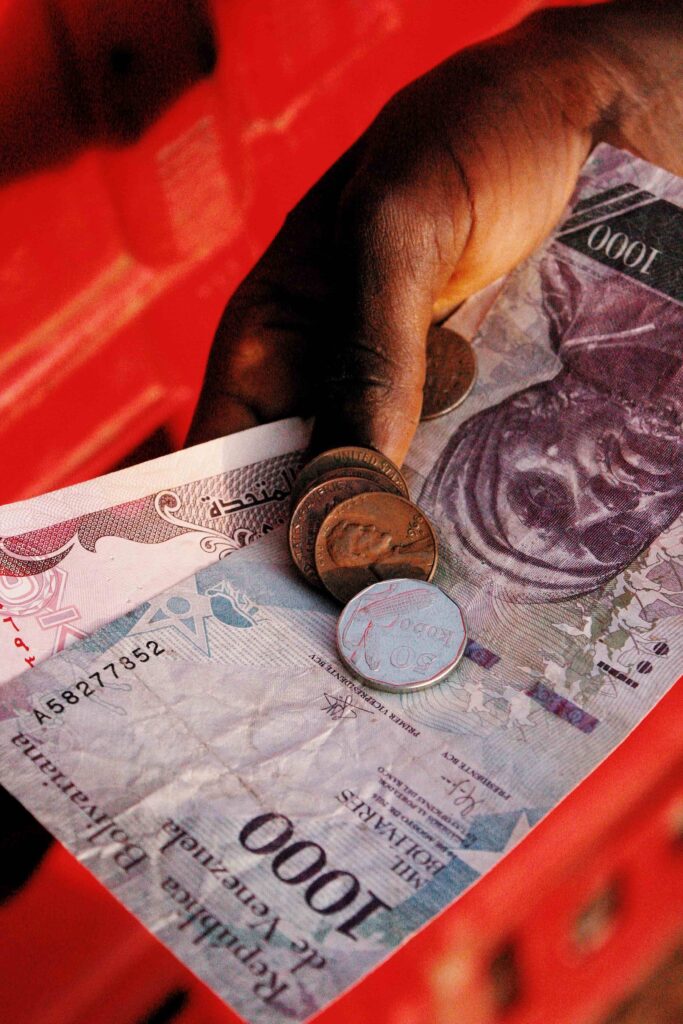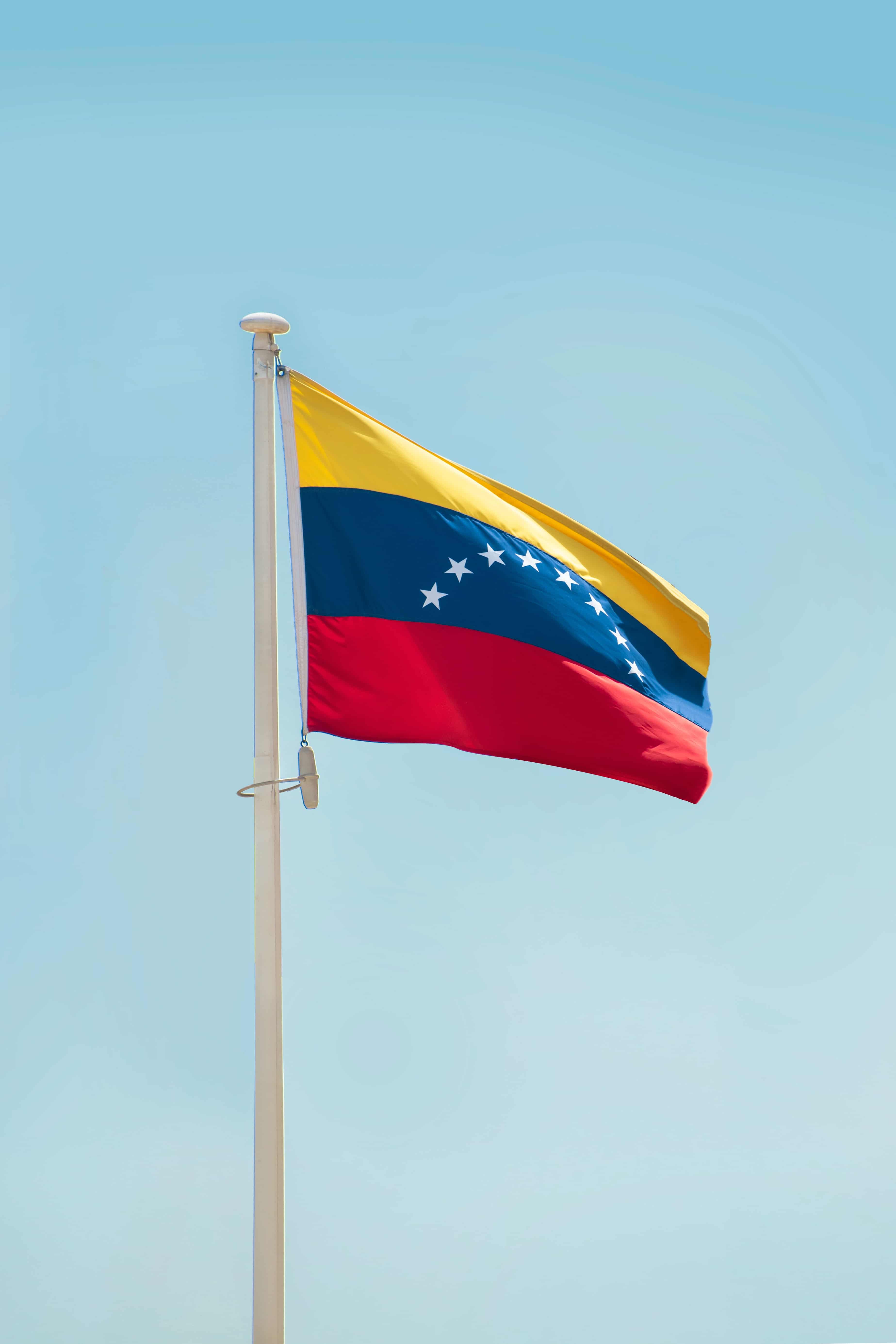Venezuela, once one of the wealthiest countries in Latin America, has been engulfed in a severe and protracted political, economic, and humanitarian crisis for over a decade. The unrest and instability in Venezuela have had profound consequences on its population and the broader region, creating a multifaceted crisis that warrants careful examination.
Root Causes of the Crisis
- Economic Collapse: At the heart of Venezuela’s troubles is an economic collapse of staggering proportions. The country’s over-reliance on oil exports left it vulnerable to fluctuations in oil prices. When global oil prices plummeted, Venezuela’s economy crumbled, leading to hyperinflation, scarcity of basic goods, and a collapsed currency.
- Political Turmoil: The political crisis in Venezuela is characterized by a power struggle between President Nicolás Maduro and opposition forces led by Juan Guaidó. Maduro’s contested 2018 re-election, widely viewed as fraudulent, deepened the political divide. This has led to a parallel government, a fractured National Assembly, and international recognition challenges.
- Humanitarian Catastrophe: The economic collapse has resulted in dire humanitarian consequences. Food and medicine shortages, crumbling healthcare infrastructure, and inadequate access to basic services have led to widespread suffering and a refugee crisis. Millions of Venezuelans have fled their homeland, seeking refuge in neighboring countries.
Humanitarian Impact
The humanitarian impact of Venezuela’s crisis is one of the most pressing aspects of the situation:
- Malnutrition and Health Crisis: A lack of access to nutritious food and adequate healthcare has led to rising malnutrition rates and preventable diseases. Hospitals lack essential supplies and face constant power outages, making medical care difficult to obtain.
- Mass Migration: Venezuela’s crisis has triggered one of the largest migration flows in recent Latin American history. Neighboring countries like Colombia, Brazil, and Ecuador have received millions of Venezuelan refugees, straining their own resources and infrastructure.
- Social Disintegration: Skyrocketing crime rates, a breakdown in social services, and scarcity of basic goods have eroded social cohesion in Venezuela, leaving communities vulnerable to violence and instability.

International Response
The international community has been deeply involved in attempts to address the crisis:
- Diplomatic Efforts: Many countries, particularly in the Americas, have recognized Juan Guaidó as Venezuela’s interim president and have advocated for democratic elections to resolve the political standoff. However, these diplomatic efforts have not led to a comprehensive solution.
- Sanctions: Several countries, including the United States and the European Union, have imposed sanctions on Venezuelan officials and entities in an attempt to pressure the Maduro regime into accepting political change. However, critics argue that these sanctions may exacerbate the humanitarian crisis.
The Way Forward
Resolving the crisis in Venezuela remains a complex and elusive challenge:
- Negotiations: A negotiated solution, with the involvement of international mediators, remains a potential avenue for resolving the political stalemate. Dialogue and compromise between the government and opposition are essential.
- Humanitarian Aid: Immediate international humanitarian assistance is vital to alleviate the suffering of the Venezuelan people. This includes delivering food, medicine, and other essential supplies to those in need.
- International Solidarity: Regional and international cooperation is crucial to managing the flow of Venezuelan refugees and providing support to countries hosting them.
- Elections and Democratic Transition: Free, fair, and internationally monitored elections are essential to restoring democratic governance in Venezuela and rebuilding the country’s institutions.

In conclusion, Venezuela’s ongoing unrest and instability have created a profound humanitarian crisis with far-reaching consequences. Addressing this multifaceted crisis requires international cooperation, diplomatic efforts, and a commitment to finding a peaceful and sustainable resolution to Venezuela’s political and economic challenges. The wellbeing of the Venezuelan people and the stability of the region depend on finding a path forward.
